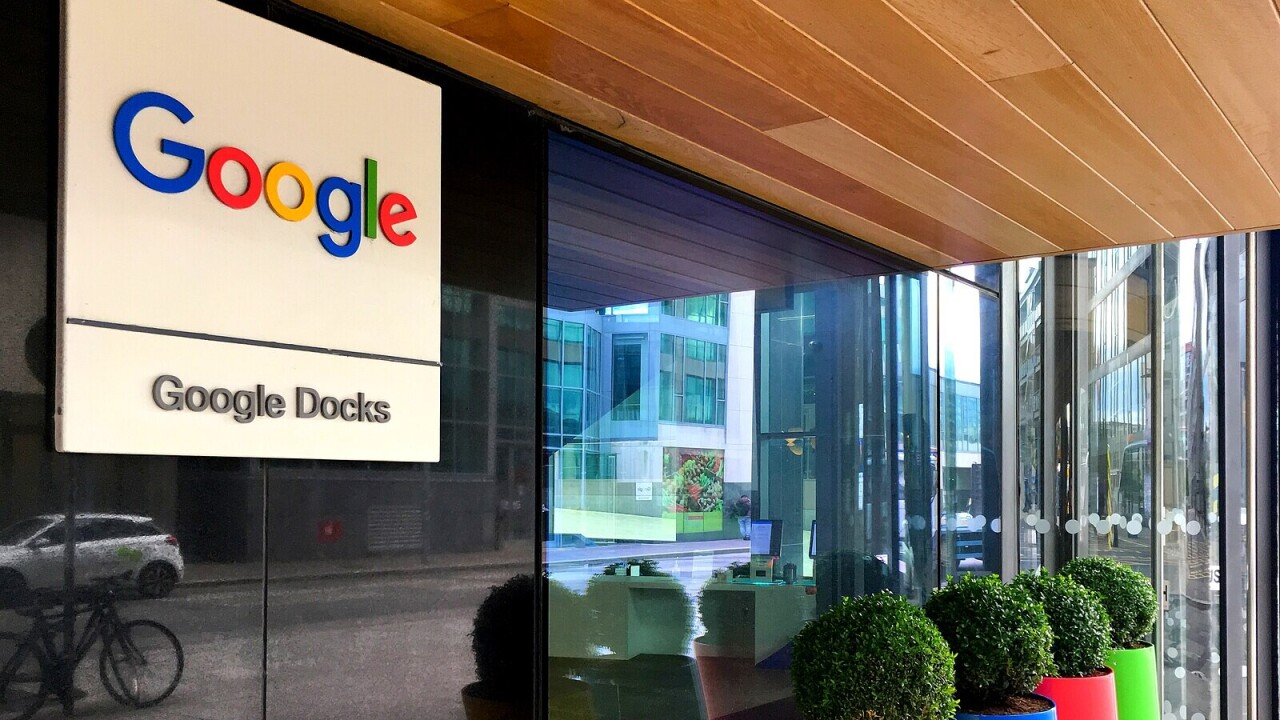Google’s plans for a third data centre in Dublin have hit a snag. Unimpressed by the lack of on-site renewable energy sources to power the facility, the South Dublin County Council today announced it had refused the tech giant’s expansion scheme.
Along with many other tech firms, Google has its European headquarters in the Irish capital, and currently employs around 5,000 people in the country. It also already has two data centre facilities at the Grange Castle business park, situated south west of the city centre.
The company first announced its plans for a third, 72,400 sqm, centre adjacent to the other two in June this year. “We have issued the formal notice that we will be submitting a planning application to expand our existing data centre in Ireland,” a spokesperson for Google said at the time. “This application reflects our ongoing commitment to meeting the growing demand for our services and supporting Ireland’s digital economy.”
Applying for new data centre permits in Ireland is currently an optimistic move , seeing as the state-run electric power operator EirGrid reportedly issued a de facto moratorium a couple of years ago due to insufficient grid capacity. However, Amazon was granted permission for not one but three new centres to double its capacity in Dublin last September — albeit from a different council, and under strong protests from environmentalists.
The South Dublin County Council specifically said in its decision refusing Google’s application that the tech giant did not provide enough detail on “how the proposal will impact the power supply once operational” in 2027. It further added that there were concerns about “the existing insufficient capacity in the electricity network (grid) and the lack of significant on-site renewable energy to power the data centre.”
Google now has one month to appeal the Council’s decision.
The increasing energy cost of data centres
In July this year, Silicon Republic reported that data centres now consume 21% of Ireland’s electricity — up from a 5% share in 2015. This is set to rise further and make up a third of the total electricity consumption by 2026. As such, political leaders and environmental groups are questioning whether the push for more and more centres is compatible with the country’s climate strategies.
Google, which has set itself a target of reaching net zero emissions by 2030, has seen its greenhouse gas emissions rise by 48% over the past five years because of the increasing energy demand of artificial intelligence.
Indeed, the International Energy Agency (IEA) estimates that energy use by data centres (crucial to training and running large AI models such as the ones underpinning ChatGPT and Google Gemini) could double from 2022 to 2026, hitting 1,000TWh. The total energy consumption of France in 2023 was 438TWh.
Get the TNW newsletter
Get the most important tech news in your inbox each week.





